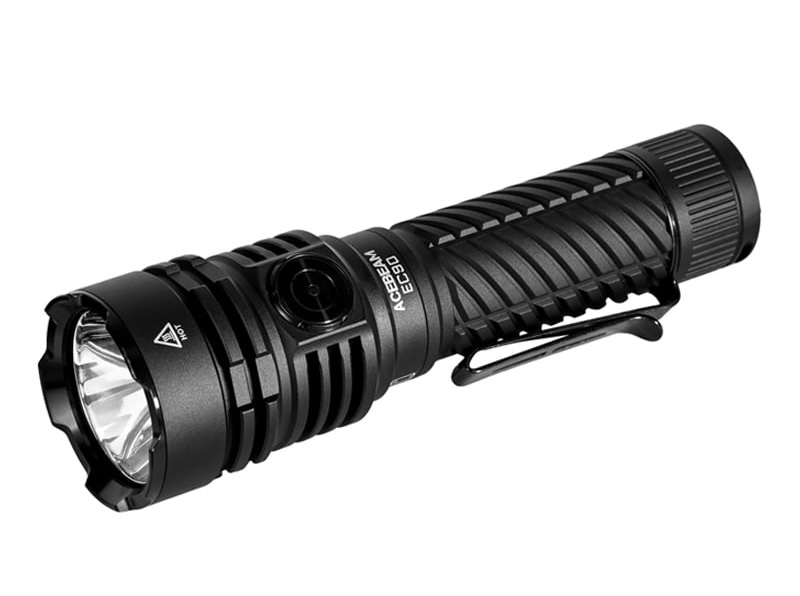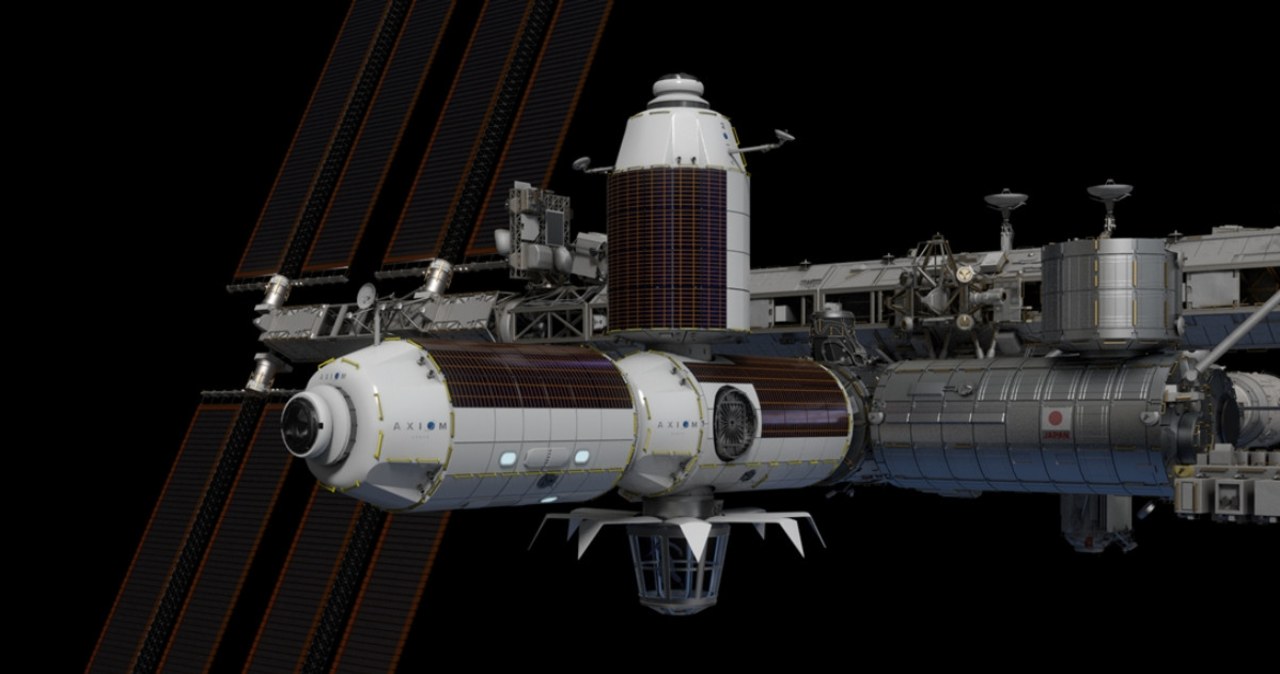The military is preparing for crucial mobilization exercises and plans to usage private property. Can your car hit the Army? See what is fresh for Poles and how to prepare.
The Ministry of Defence is preparing fresh regulations that will enable the military to take over private vehicles for military exercises and mobilization. The work to donate a car will be binding, and refusal may consequence in serious legal consequences, including detention. Check which vehicles can be requisitioned, what the procedure looks like, and what compensation is granted to owners.
New MON regulations – what to prepare for in 2026?
In 2025, over 230,000 people were called to military qualifications. But this is not the end of military action. MON already plans to carry out extended mobilization exercises in 2026, which will require, among another things, the acquisition of vehicles from citizens. The draft fresh regulation provides for the anticipation of taking up to 200 cars, trailers and specialised machinery.
The aim is to test the mobilization performance of the Armed Forces, especially in the event of the immediate appearance of reserve soldiers. Among the vehicles taken over will include trucks, vans, buses as well as passenger cars. In addition, it is planned to usage self-propelled and non-self-propelled machines specified as excavators, dozers, cranes or lifters.
What kind of vehicles can the military take?
In the explanatory memorandum of the draft MON Regulation, it states that vehicles intended for military service are:
trucks (including trailers and semi-trailers),
buses and vans,
passenger cars,
ground and construction machinery, e.g. excavators, condensers, graders,
handling machines specified as cranes, cranes and interior combustion and electrical lifting machines.
The transfer of equipment to appropriate military units may be carried out either by the owner or by military forces.
Vehicle procedure – what can you expect?
The decision to take over the vehicle shall be taken by a military body in the form of an administrative decision. The paper shall specify the exact place and date at which the owner should return the car or machine.
The owner of the vehicle shall have the right to appeal this decision within 14 days. However, it is crucial that the appeal itself does not suspend the work to comply with the decision — the vehicle must be returned in accordance with the set deadline.
Ignore the summons and evasion may consequence in fines or even detention of up to 30 days.
How much will the military pay for the seized vehicles?
The Ministry of Defence ensures that the owners do not stay without financial compensation. The amount of compensation will depend on the kind and characteristics of the vehicle:
passenger cars – a kilometer from PLN 0.5214/km (for engines up to 900 cm) to PLN 0.8358/km (for larger engines),
trucks (2 to 8 tonnes) – flat rate of PLN 490.83,
trailers and semi-trailers (for a burden capacity of 2-8 tonnes) – PLN 196,31,
earthworks, construction and handling machines – PLN 439.26.
In 2026, MON plans to allocate about 136 million PLN in total.
Planned real property acquisitions – next step of mobilisation
Outside vehicles, the military besides plans to occupy about 400 properties as part of preparations for military qualification in 2026. For this purpose, the draft budget bill provides for an amount of about PLN 3.2 million.
What does this mean for citizens?
The introduction of fresh government is an crucial step towards improving the mobilisation and preparation of the Armed Forces in the event of a crisis. However, this means obligations for vehicle and property owners who must be ready to temporarily hand over their troops.
Failure to comply with these obligations threatens with legal consequences, so it is worth being aware of fresh regulations and preparing for possible calls.
Social and legal context
The acquisition of private property by the State for defence purposes is governed by administrative and military law, forming part of the alleged in-kind benefits for the defence of the country. These laws let you to respond rapidly in emergency situations or to rise your defence readiness.
It is worth noting that akin solutions are applied by another NATO associate States, which, if necessary, exploit civilian possible in defence activities.













